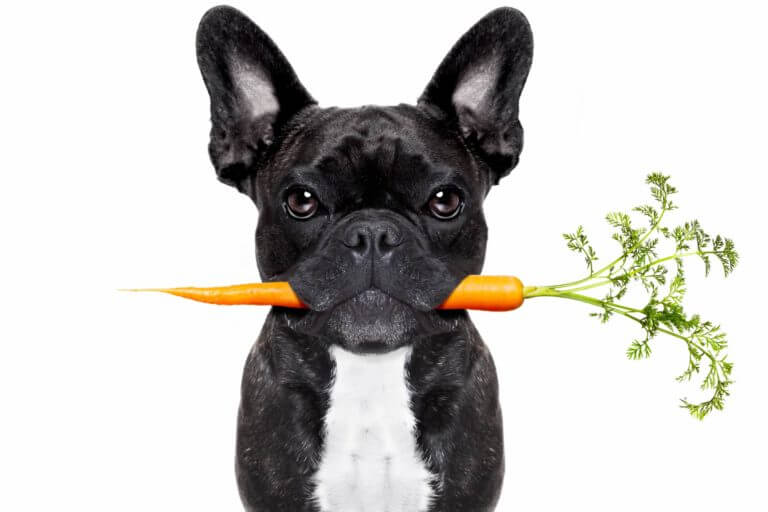By Allison Matos
The start of a new year often brings our attention to health and nutrition. But as we consider making positive changes to our own lifestyles, we should be thinking about our furry friends as well.
With so many choices out there, it’s difficult to decide what brand and type of food may be best for your pet. Town of Smithtown Animal Shelter Supervisor Leigh Wixson, LVT, advises that first and foremost, consult with your veterinarian before drastically changing your pet’s diet.
“As a general rule, if a brand has a prescription diet line, they are likely a reputable choice. Companies such as Purina, Iams, Hills Science Diet and Royal Canin employ teams of nutrition specialists and invest millions in studying what is best for your pet’s health and well-being,” says Wixson.
Avoid companies that spend a fortune on advertising and instead go with the ones that spend money on research. Once you have identified a favorite brand, it’s time to narrow down the type of food.
“Don’t fall for fads,” notes Wixson. “Grain-free addresses celiac disease, which is a human issue, not an animal issue. Dogs are rarely allergic to grain but are often allergic to the proteins, so if you think your pet has a food allergy, try a different protein: venison, salmon, duck, or rabbit. But take caution: It’s not recommended to supplement extra meat in your pet’s diet, as you can inadvertently harm their kidneys.”
Additional recommendations for optimal pet health include safe usage of supplements. Consult with your veterinarian before adding any to your pet’s diet as some may not be absorbable or digestible if used incorrectly.
If you’re still not sold on any store-bought pet food, you may consider making your own, but do so after consulting a nutritionists’ cookbook. Without it, you are likely missing vital ingredients.
Once you have your pet’s menu complete, be sure to keep a close eye on its weight.
“Weight gain can creep up slowly, so know your pet’s weight and check it every once in a while,” says Wixson.
A big thing to watch for is treat intake.
“Giving your pets a few snacks a day can be the caloric equivalent of doling out scoops of ice cream,” she adds. “Recipes that include peanut butter, banana, sweet potato, and pumpkin are always a big hit and nutritional. Limit sugar and salt and watch your ingredients for things that can be harmful, such as grapes, xylitol, onions, or garlic.”



































